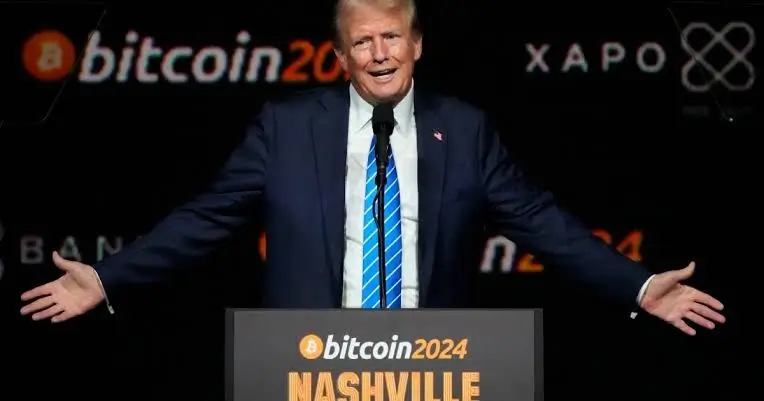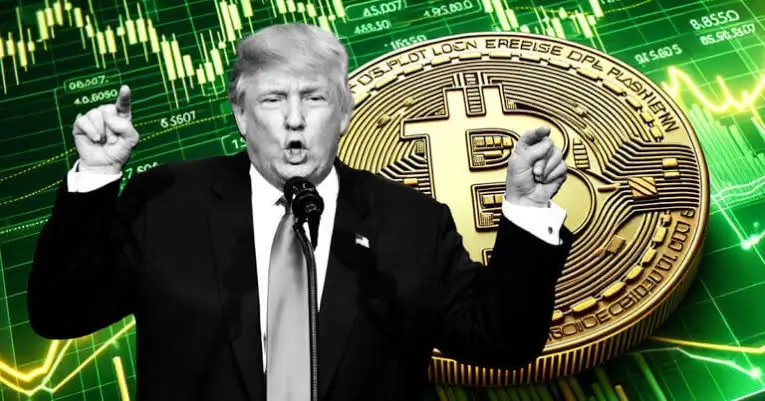In 2025, the U.S. cryptocurrency industry finds itself at a crossroads. President Donald Trump’s administration has introduced a series of policies aimed at reshaping the digital asset landscape. From the introduction of the GENIUS Act to the establishment of a Strategic Bitcoin Reserve, these initiatives are prompting crypto firms to reassess their strategies and operations.
The GENIUS Act: A New Regulatory Framework
The Government-Enforced National Innovation for U.S. Securities (GENIUS) Act is a cornerstone of Trump’s crypto policy. This legislation imposes strict reserve, audit, and transparency standards for stablecoins, explicitly prohibiting claims of government backing. While the act aims to instil confidence in digital assets, it also presents new compliance challenges for crypto firms.

Figure 1: Trump’s Crypto Playbook
Strategic Bitcoin Reserve: A National Digital Asset Stockpile
In a bold move, the Trump administration has established a Strategic Bitcoin Reserve, positioning Bitcoin as a national reserve asset. This initiative involves the U.S. Treasury holding Bitcoin seized through law enforcement actions, signalling a significant shift in the government’s approach to digital assets. The reserve aims to solidify the U.S.’s position in the global crypto market and reflects a broader strategy to integrate cryptocurrencies into national financial planning.

Figure 2: Strategic Bitcoin Reserve
Regulatory Shifts: From Enforcement to Engagement
Under Trump’s leadership, regulatory agencies like the Securities and Exchange Commission (SEC) and the Department of Justice (DOJ) have adopted a more lenient stance toward crypto firms. The SEC has dropped multiple cases against major crypto companies, and the DOJ has disbanded its cryptocurrency enforcement unit. These changes have created a more favourable environment for crypto businesses, encouraging innovation and growth within the industry.
Industry Response: Strategic Adaptations
Crypto firms are actively adapting to the new regulatory landscape. Companies like Coinbase and Kraken are expanding their operations, while others are exploring new product offerings that align with the current policies. The emphasis on transparency and compliance has led to increased investments in regulatory technology and internal governance structures.
Challenges and Considerations
Despite the positive momentum, challenges remain. The rapid pace of regulatory changes requires firms to stay agile and informed. Additionally, the global nature of the crypto market means that U.S. policies must be balanced with international regulations to ensure seamless operations across borders.
Looking Ahead: The Future of U.S. Crypto Policy
As the Trump administration continues to implement its crypto agenda, the industry anticipates further developments.

Figure 3: Crypto Leaders Expect Policy Shift No Matter Who Becomes President
The potential for additional legislation, coupled with evolving international dynamics, will shape the trajectory of the U.S. crypto market. Firms that proactively engage with policymakers and invest in compliance infrastructure will be well-positioned to thrive in this new era.

